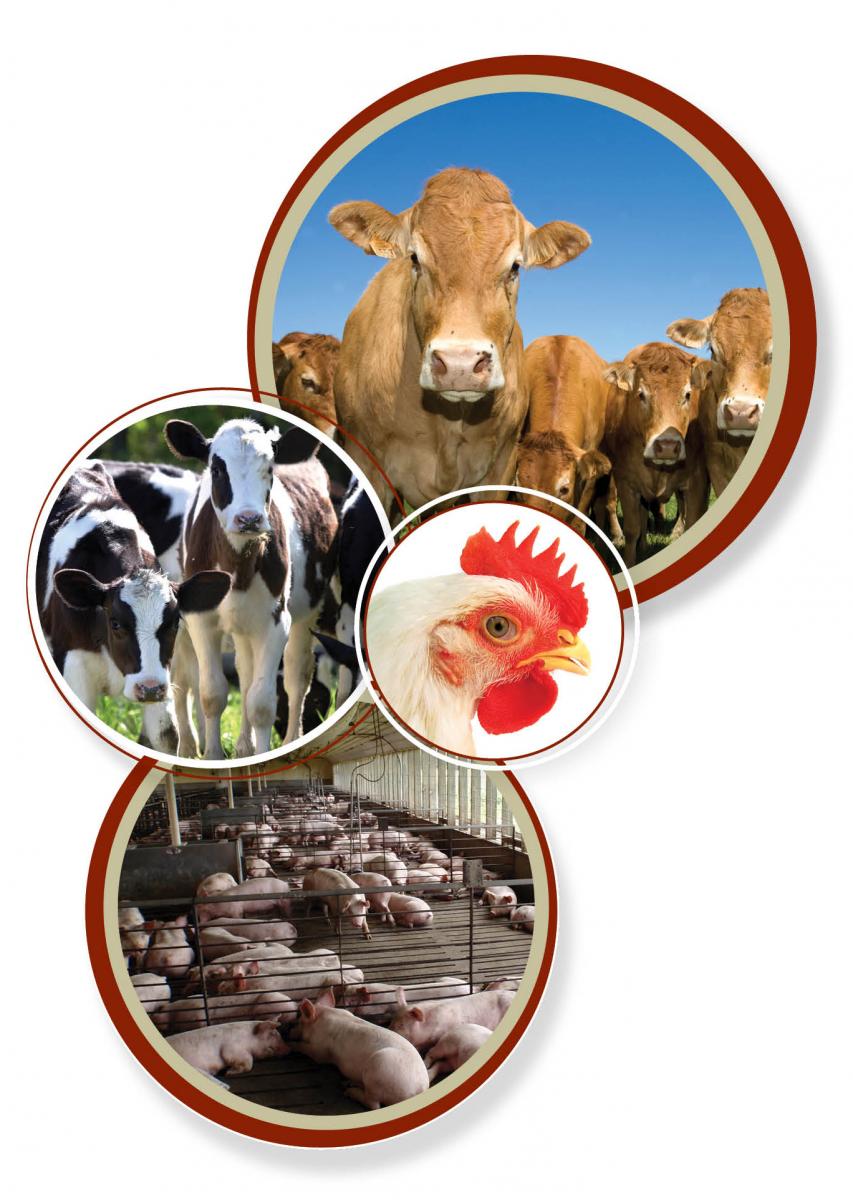
What is a graduate certificate?
For DVMs and non-DVMs in allied animal industries.
The Veterinary Preventive Medicine Certificate at Iowa State University is an online graduate program requiring 15 credits. This certificate program includes the same coursework and academic expectations as graduate-level courses, with an official transcript provided upon completion.
Credit Transfer: With approval, credits from this certificate may be transferable to a Master's degree in Veterinary Preventive Medicine. Candidates should consult with the Director of Certificate Education and the Director of Graduate Education to explore this option.

Veterinary Preventive Medicine Summary
Veterinary Preventive Medicine is a diverse field encompassing various disciplines such as animal welfare, diagnostics, food safety, evidence-based medicine, surgery, pathology, microbiology, epidemiology, public health, statistics, and production medicine. Students can tailor their studies to focus on specific areas, including:
- Epidemiology: Understanding and controlling diseases in companion, food-producing, and wild animals, studying disease costs, control measures, and developing new diagnostic and control techniques.
- Risk Assessment: Analyzing and quantifying events leading to negative outcomes in animals or humans, aiding decision-makers in choosing risk mitigation or health management options.
- Animal Welfare: Developing scientific measures for animal well-being through a multidisciplinary approach involving physiology, immunology, neuroscience, cognitive abilities, behavior, epidemiology, performance, and health.
Requirements
Qualified applicants must hold either a baccalaureate degree (BA, BS) or a professional degree (DVM, MD, etc.) from an accredited institution in the United States. Applicants trained outside the U.S. should hold equivalent degrees from a recognized institution whose requirements for the baccalaureate or professional degrees are substantially equivalent to those at Iowa State University.
Application Materials
The following materials should be submitted through the online application system:
- Graduate application with statement of purpose describing background, research interests, and career objectives.
- Official Undergraduate or professional transcripts
- Resume/CV
Application Deadlines
Fall admission - July 15
Spring admission - December 1
